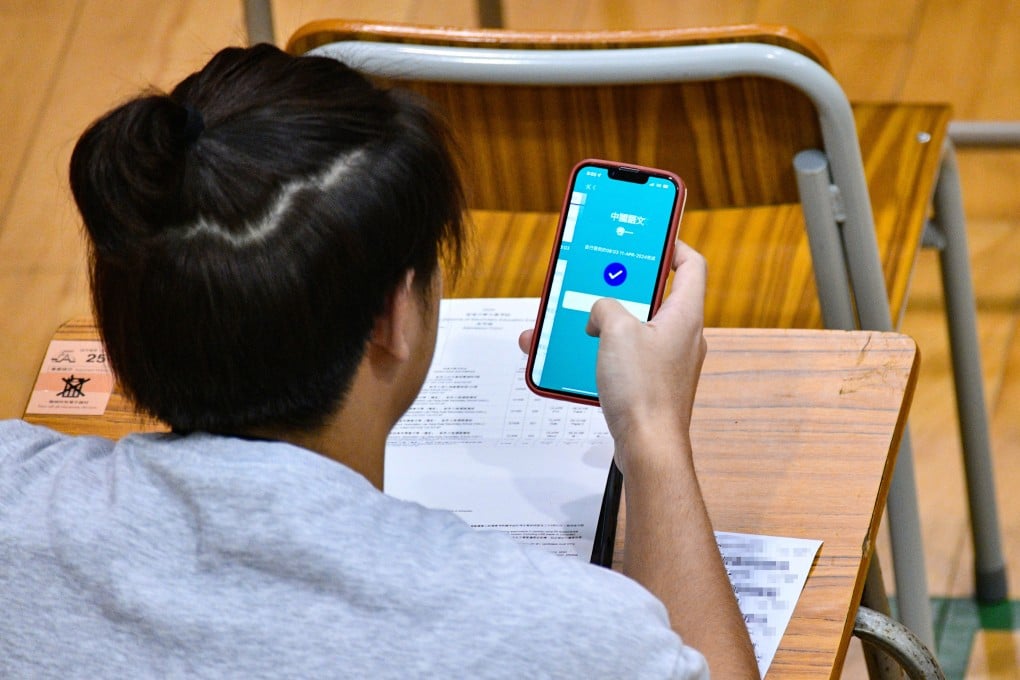Should we use AI in education? How Hong Kong schools are balancing creativity and academic integrity
- Teachers and experts are divided over ChatGPT and other artificial intelligence tools’ impacts on learning and the creative process

Large language models (LLMs) like ChatGPT are presenting schools with unique challenges. On the one hand, if used properly, they can enable students to produce higher-quality work at a faster rate. On the other, parts of coursework that used to take hours can now potentially be done in a matter of minutes.
This raises a question: if students are spending a fraction of the time that they used to on their work, are they missing out on important aspects of learning – even if the results are of a higher quality? And then there is the more serious question: should the use of artificial intelligence (AI) be considered cheating?
“I think this is actually one of the simplest problems we face when it comes to AI – and that’s a bold statement, but I’ll explain why,” says Daniel Hilton, principal, international section, of Korean International School Hong Kong (KIS). “Students need to be honest about their use of AI. If there’s a sudden big uptick in the quality of work, that poses a major question mark. And with AI-generated material, it becomes quite obvious when you read it – there are no mistakes of any kind in terms of grammar and punctuation,” he continues, adding that AI also tends to “like” certain words.
“All of this aside, if you are impressed with a student’s artwork that they generated with AI but they cannot explain to you how that work is composed, what light source there is, what techniques were used in the brushwork, or what style of artwork it is – if they cannot explain those things about the work, then it is a pointless exercise,” Hilton states.
The degree to which AI use can or should be permitted depends on the subject. Hilton, whose extensive career includes stints at prestigious schools in the UK and mainland China, is also a maths teacher. He notes that LLMs’ outputs are rife with mistakes when it comes to anything mathematically advanced.
“AI does a spectacularly bad job at answering maths questions,” Hilton says. “It can do very simple stuff. But once you throw a contextual differential equation at it, it will blurt out the most horrific nonsense. So we’re a long way from having maths papers turned in [using AI] – but if it ever gets to that point, you’ll need to ask students to explain how they got to those coefficients.”
